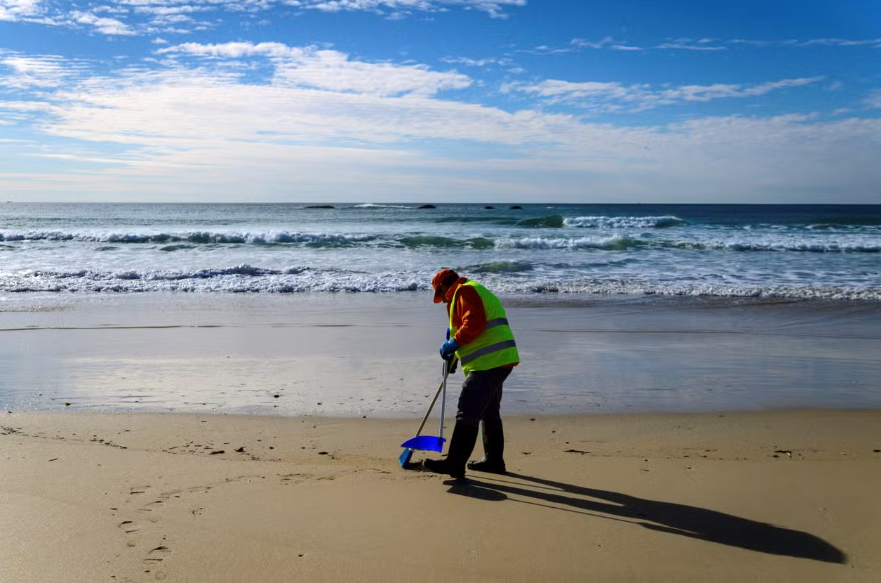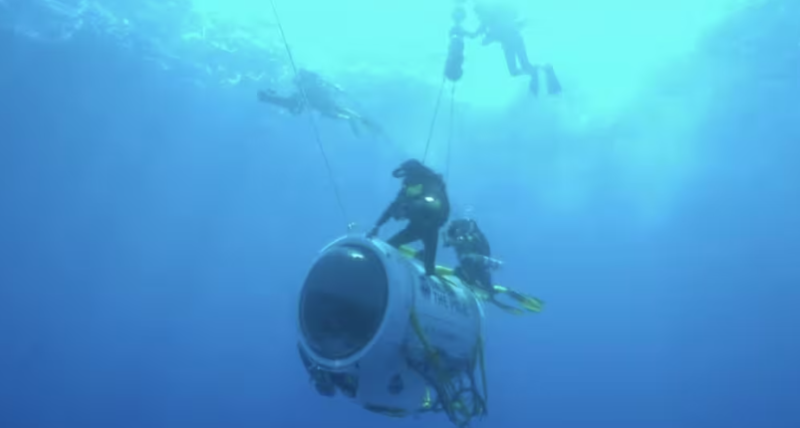The Spanish Ministry for the Ecological Transition is preparing legislation aimed at banning the disposal of wet wipes in toilets and inflatable balloons in natural environments. The government across the Pyrenees also intends to hold manufacturers accountable, according to press repor
“First it was straws, then the ban on plastic cutlery and cotton swabs. Now it’s wet wipes and inflatable balloons.” In Spain, the government is preparing to tighten legislation aimed at combating plastic pollution, reports the newspaper ABC.
The Ministry for the Ecological Transition is drafting a new law to ban flushing wet wipes down toilets and the “intentional” release of inflatable balloons into nature, details the radio station Onda Cero. These single-use plastic products are among the “most common” found on European Union beaches, notes ABC.
The draft royal decree proposed by Spain’s left-wing government does not yet specify the “penalties applicable” to offending citizens, nor how enforcement will be carried out, warns ABC. The text is currently “in public consultation until June 27,” Onda Cero adds.
The Madrid-based station also reports that the Spanish government “will require manufacturers of these products to finance the cleanup and management of the waste generated, in line with European directives aiming to reduce marine litter.” Producers will therefore be required to register in a dedicated “registry,” completes ElDiario.es.
Costly “blockages”
Regarding wet wipes, ABC lists those “intended for babies, personal hygiene, or domestic use such as cleaning kitchens, bathrooms, vehicles, and eyeglasses.”
As for balloons, the conservative daily notes that the draft law targets “those made from synthetic polymers, such as nylon sheets coated with aluminum, or chemically modified natural polymers, such as latex.”
Across Spain, “public administrations pay millions of euros to unblock sewers, repair or replace sanitation and water treatment infrastructure when giant balls of wet wipes form,” laments ElDiario.es. The Spanish Association of Water Supply and Sanitation (AEAS) cites “an additional annual cost of €230 million” linked to these “blockages,” Onda Cero reports.
Source:courrierinternational




